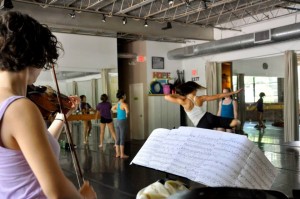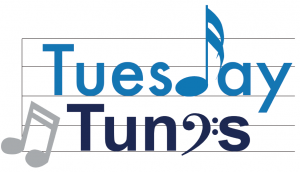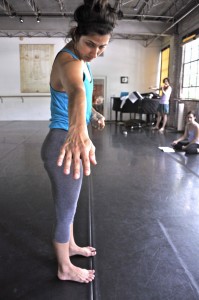“All choreographers think of the impact music will have on the movement they create,” stated in an article from The Kennedy Center. Music can make us feel specific emotions or recall certain memories. It’s a powerful tool for dance; the absence of music can be equally strong. Music creates atmosphere, dictates the flow and development of a dance, indicates struggle, and provides fodder for visualization. At Frame Dance we prioritize music and work with composers to collaborate with all new music.
This article outlines how choreographers Alvin Ailey, Mark Morris, Robert Battle, and Larry Keigwin used music within their pieces. Check it out!






